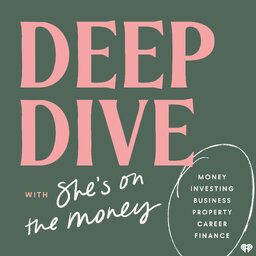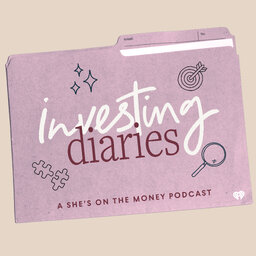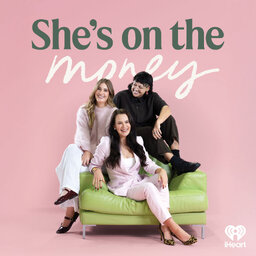How to Stay Confident Through the Highs and Lows of Investing
She's On The Money
Australia’s #1 finance podcast. Ready to take control of your money without the stress (or boring lectures)? This is the show for you. Hosted by award…Investing can feel like a rollercoaster, but today we’re zooming out and seeing it for what it really is—the long game. In this episode of She’s On The Money, Victoria and Brooke from Sharesies are breaking down how to keep your cool when the market gets bumpy, why it’s so easy to get caught up in the emotional swings, and how to stay focused on your long-term goals. Whether you’re just starting out or a seasoned investor, we’ve got the tips to help you ride the highs, embrace the dips, and let compound interest work its magic. Tune in to learn how to invest with confidence, patience, and a big-picture mindset!
Acknowledgement of Country By Natarsha Bamblett aka Queen Acknowledgements.
The advice shared on She's On The Money is general in nature and does not consider your individual circumstances. She's On The Money exists purely for educational purposes and should not be relied upon to make an investment or financial decision. If you do choose to buy a financial product, read the PDS, TMD and obtain appropriate financial advice tailored towards your needs. Victoria Devine and She's On The Money are authorised representatives of Money Sherpa PTY LTD ABN - 321649 27708, AFSL - 451289.
In 1 playlist(s)
She's On The Money
Australia’s #1 finance podcast. Ready to take control of your money without the stress (or boring le…Social links
Follow podcast
Recent clips

The Questions Everyone Has About Investing in the Share Market, Finally Answered
49:57

Investing Diaries: How She Turned Early Investing Mistakes Into a $100k Portfolio
36:43

Does Your HECS debt Really Matter? How to Set Money Boundaries at Work
39:15
 She's On The Money
She's On The Money